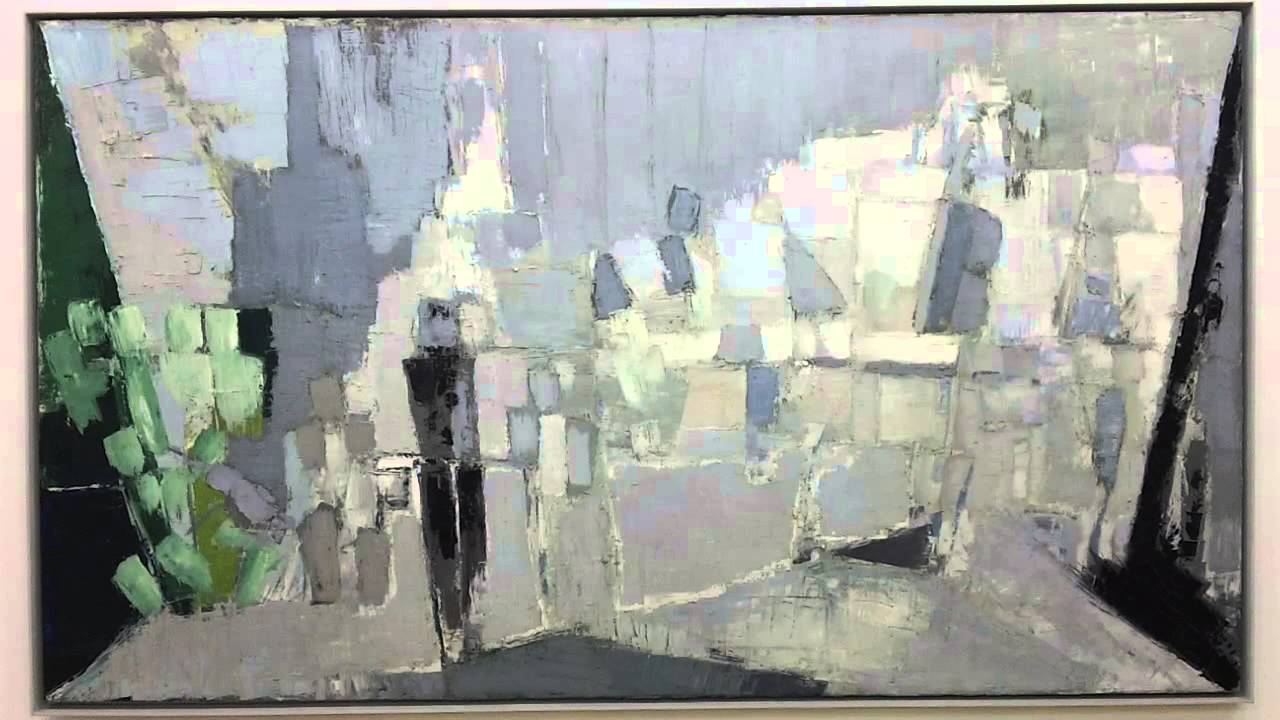Michaelmas Term

1 November 2018 to 31 July 2019
Oxford: The War and the World, 1914-1919
Download poster: OWAW Poster
Download leaflet: OWAW Leaflet
A free exhibition to commemorate Oxford during the First World War. Touring to five venues between November 2018 and July 2019:
Somerville College, Oxford – 1 to 29 November 2018 (weekdays 2.00-5.30pm, Saturdays 9.30-11.30am)
The Rumble Museum, Cheney School, Headington – 1 to 20 December 2018
Cowley Library, Oxford – 22 December 2018 to 30 January 2019
Westgate Library, Oxford – 1 to 28 February 2019
The Soldiers of Oxfordshire Museum, Woodstock – 19 March to 31 July 2019
While some citizens left Oxford and travelled to other countries during the First World War, others stayed behind and experienced the city’s increasingly international connections; individuals from across the UK and the world joined them here because of the conflict. All these people were involved in, and contributed to, the war in different ways, and twelve of them are commemorated in this exhibition which highlights the wartime experiences of men and women, be they ‘town’, ‘gown’, or from overseas. By focussing on individual stories the exhibition emphasises Oxford’s international connections during the First World War and helps to expand understanding of different types of war experiences beyond the trenches.
See here for the exhibition panels online.
See here for details of the exhibition on the Somerville College website.

Image Credit: Nicholas de Staël, L’Orchestre (1953) Photo (C) Centre Pompidou, MNAM-CCI, Dist. RMN-Grand Palais / Georges Meguerditchian.
6 November, 18.00-20.00
Into Silence
Dr Suzan M.R. Kalayci (Pembroke College and the History Faculty) and Professor Kate McLoughlin (Harris Manchester College and the English Faculty)
Pichette Auditorium, Pembroke College, Oxford
The performances will begin at 18:00 and finish at c. 19:15. Please arrive early as the doors to the auditorium will be closed 5 minutes before the start time of event.
Please register for this free event via the Eventbrite link:
https://www.eventbrite.co.uk/e/into-silence-tickets-51647393745

8 November 2018, 19.30-21.00
The Harold Vyvyan Alfred and Vere Harmsworth Memorial Lecture: ‘Armageddon: The First World War as Millenarian Moment’
Dr Adrian Gregory (Pembroke College, Oxford)
Pichette Auditorium, Pembroke College, St Aldates, Oxford
Public lecture – open to all
Please register here: https://www.eventbrite.com/e/memorial-lecture-armageddon-the-first-world-war-as-millenarian-moment-tickets-50272944731
9 November 2018, 09.30-11.30
Roundtable discussion – The Harold Vyvyan Alfred and Vere Harmsworth Memorial Lecture: ‘Armageddon: The First World War as Millenarian Moment’
Chaired by Dr Adrian Gregory
Harold Lee Room, Pembroke College, St Aldates, Oxford
Please register here: https://www.eventbrite.com/e/roundtable-discussion-memorial-lecture-tickets-50273184448
Hilary Term
Monday 14 January 2019, 17.00-18.30
Colin Matthew Room, History Faculty
Title of lecture: ‘All the things we cannot hear: Soundscapes of the First World War’
Professor Jay Winter, Charles J. Stille Professor of History Emeritus, Yale University
7 February 2019, 19.00-21.00
Where do you put the camera? How Geoffrey Malins and John McDowell filmed the First World War
Pichette Auditorium, Pembroke College, St Aldates, Oxford
Andrew McCarthy (freelance writer and researcher), John Adderley (professional cinematographer), and Peter Hort (University of Westminster) (TBC)
Trinity Term
19-21 June 2019
A World Transformed: The First World War and its Legacy
A three-day international conference
Rothermere American Institute
Programme and further details to follow in due course

22 June 2019, 10.30-16.45
Oxford: The War and the World, 1914-1919 (a workshop for anyone interested in Oxford’s role in the First World War)
Margaret Thatcher Centre (MTC) lecture theatre, Somerville College, Woodstock Road, Oxford (TBC)
Public workshop
Further information and how to book will be given here nearer the time.
Speakers: Clara Abraham (TBC), Stephen Barker, Dr Malcolm Graham, Dr Rob Johnson, Caroline Roaf, Peter Smith, Sue Smith
Introduction: Dr Adrian Gregory
